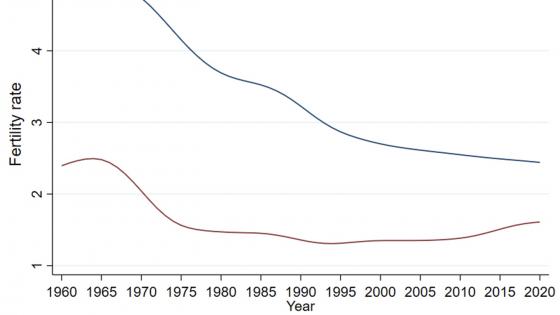DP612 Privatization in Eastern Europe: Irreversibility and Critical Mass Effects
This paper proposes a model to shed light on two important policy features of privatization in Central and Eastern Europe: the idea of a necessary critical mass of privatization on the one hand, and the difficulties encountered in the actual privatization process on the other, related to the government's inability to precommit to announced policies. The main ingredient of the model is the existence of a positive externality related to the size of the private sector, providing at the same time a rationale for the idea of a critical mass, but also creating a coordination problem generating multiple equilibria. This paper also shows how the distribution of free shares to the population currently advocated in Eastern Europe, may credibly make the privatizations irreversible, without completely solving the coordination problem, and even worsening in some cases, the welfare outcome.


